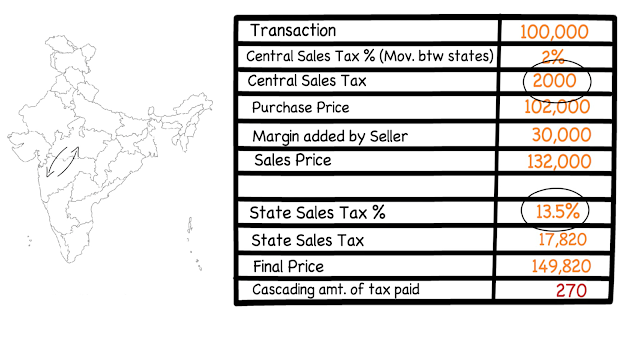He works 7 days a week from 9 AM to 10 PM - needless to say a workaholic. Even when he takes a break, it would be to socialize in circles which would give him leads. It was clear that he was 'burnt out'. I advised him to stop exerting so much
"I cannot, I have lots of work, even after all this effort, I go home leaving a pile of work for the next day!"
This is common in software industry as well. We voluntarily put in extra effort 'just for this one delivery'; in no time we tend to look at "more than office hours" as a buffer; our pace slows down and we start 'effectively' using up the buffer. In no time, you realize you have more work than what you can do in '8 hours' and the buffer used earlier, becomes a norm. Pretty soon working on Saturday becomes your buffer and subsequently you would end up working regularly on Saturday too. Parkinson's Law has a major role here - Work expands to fill time!
Not surprisingly, your smart Manager would observe this and work will be planned with Saturday in mind; until now what you had thought, you could push to Saturday, will be replaced with new work... once you realize you're working more, you would start pushing work to Saturday, impacting your productivity, in-turn making you put in more hours. It has a spiraling effect and would burn you out
The best way to handle this is by time-boxing. It is an old concept but have gained wide popularity due to its usage in Agile methodologies such as SCRUM. Time-boxing is fixing a specific time for an activity or phase and stopping it once the time is up, irrespective of whether it is completed. Although it looks simple, it is a difficult concept to implement as it requires discipline
The advantage of this approach is that you always work with a sense of urgency, as you know you cannot extend the timeline
You would experience benefits initially and realize how much work you can accomplish without any distractions - like interruptions, multi-tasking, etc. The challenge is when others are affected by your way of working - someone brings up an unplanned meeting, your friend wants a coffee break, etc; this is when you could loose confidence and slip back to your earlier way of working
To make your time-boxing successful, you need to accommodate the time for these interruptions in your daily plan but try to club them as much as possible... Check your mails at defined intervals, go for coffee breaks at fixed times, if someone wants to discuss something, put it off to a fixed time of the day. With practice, you would learn to work your way through
One great approach to start your day is as follows
1. On Monday make a weekly goal of what has to be achieved this week
2. Everyday, write down the top tasks that you would like to complete for the day in the order of priority. The first few days, you may pick up either more or less tasks, over time you will arrive at the right number of tasks
3. For each of the task, time-box; avoid multi-tasksing - context switching is a killer
4. Study how you have progressed against your plan each day and apply the learning's the next day
Coming to my friend, he tried out this concept and it worked wonders for him and he requested me to pen it down as a blog - thus this one!


No comments:
Post a Comment